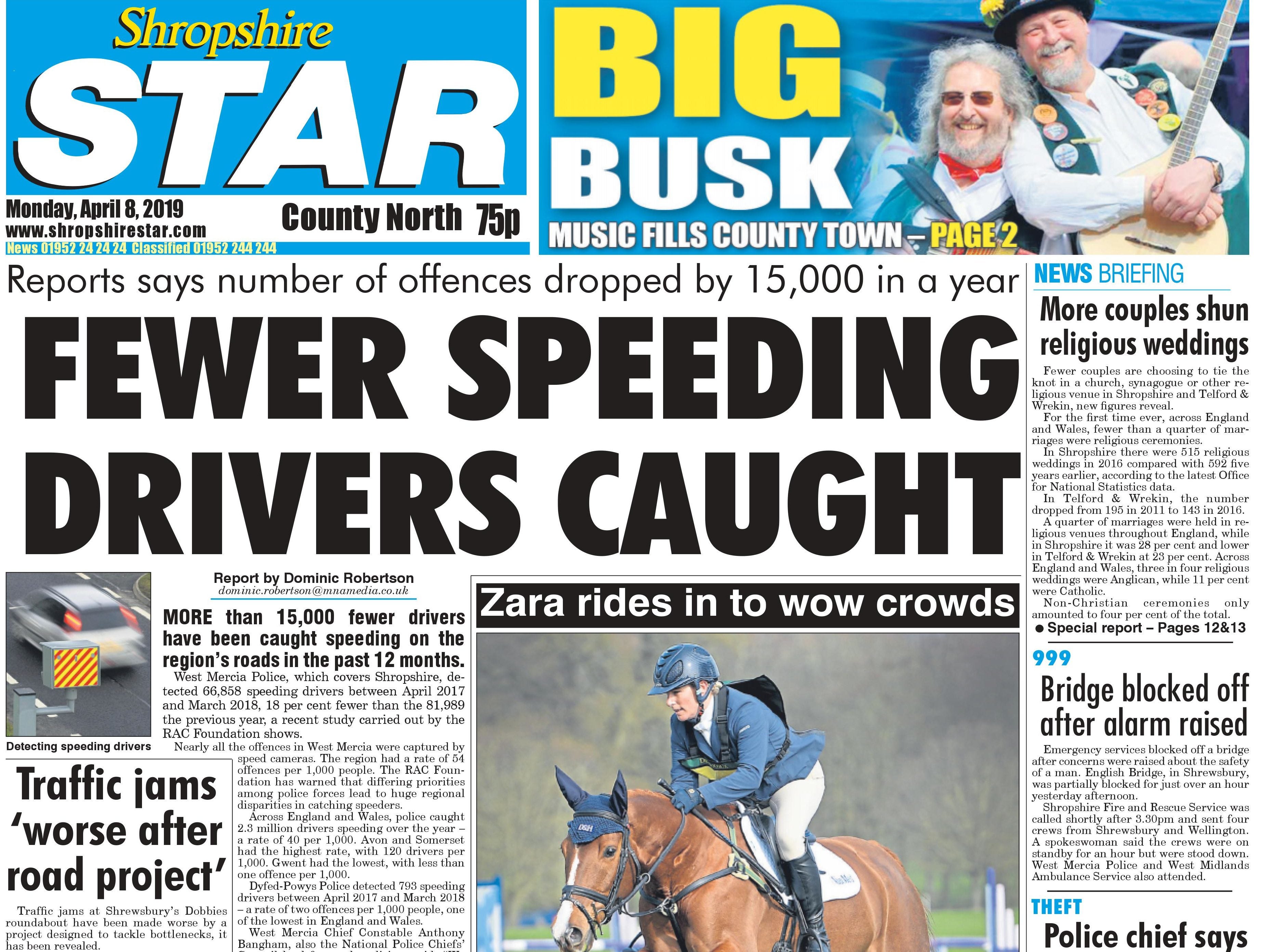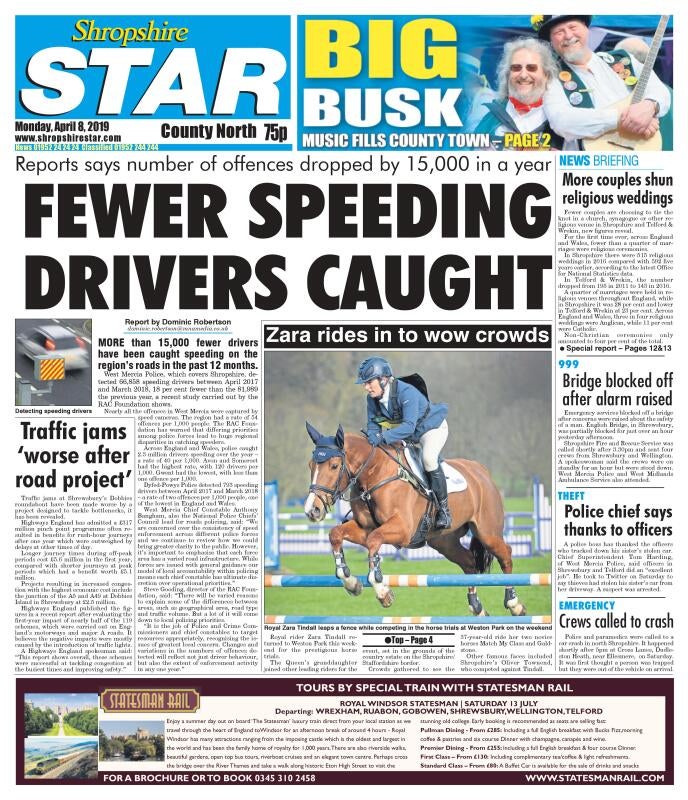
Eight regional news providers have signed up as the first paying subscribers to the Press Association’s “robot-generated” news service.
The agency claims its automated news service, Reporters And Data And Robots, creates about 8,000 localised stories on topics from crime figures, hospital waiting times and pupil absences from school.
It was launched by PA and data journalism start-up Urbs Media in 2017 and won €700,000 in grant funding from Google’s Digital News Initiative.
Since Radar expanded into a full trial open to any local news title in June 2018 it has filed more than 100,000 stories, jointly written by journalists and Artificial Intelligence.
The eight paying subscribers who signed up in January are:
- Archant
- JPI Media
- Baylis Media
- Iliffe Media
- Midland News Association
- Caerphilly Observer
- Newscraft
- UKRD Group (owner of ten commercial radio stations).
Between them, these news providers bring Radar’s services to 329 print, digital and radio outlets, PA said.
PA editor-in-chief Pete Clifton said: “It is heartening to see Radar’s ground-breaking approach to combining human journalism with automation taking root in the UK media landscape.
“Since the pilot got underway at the end of 2017, we have grown an editorial team of six and seen news outlets use Radar content in a variety of ways.
“I look forward to seeing Radar continue to develop as a business for the media, and ultimately beyond the media sector too.”
Radar journalists “identify, write and template” stories using open data sets from Government departments, police forces and other public bodies before a bespoke production system using Natural Language Generation technology localises the stories.
These are divided into 391 channels, one for each UK local authority, to which publishers can subscribe, as relevant, for an annual fee.
Radar’s six journalists work on an average of 40 data projects between them each month, and stories are accompanied by stock images or simple graphics when filed for subscribers.
Radar editor-in-chief Gary Rogers said: “Radar has evolved from a Google-backed experiment in data journalism to a subscription-based business providing an essential service to local and regional media in the UK.
“Our model makes the service equally accessible to small hyperlocals and larger operations with many titles to cover.
“Our pilot testing gave us valuable insights into how Radar content can be integrated into publishers’ workflows.
“We remain in conversation with all those partners to see where we can make Radar a permanent part of their offering, and for current subscribers, to create more features that add value to the service in our next phase of development.”
Below are two front pages based on stories generated by Radar:

Express & Star front page using Radar stories from PA

A Shropshire Star front page that features content from the Press Association’s Radar service
Email pged@pressgazette.co.uk to point out mistakes, provide story tips or send in a letter for publication on our "Letters Page" blog
